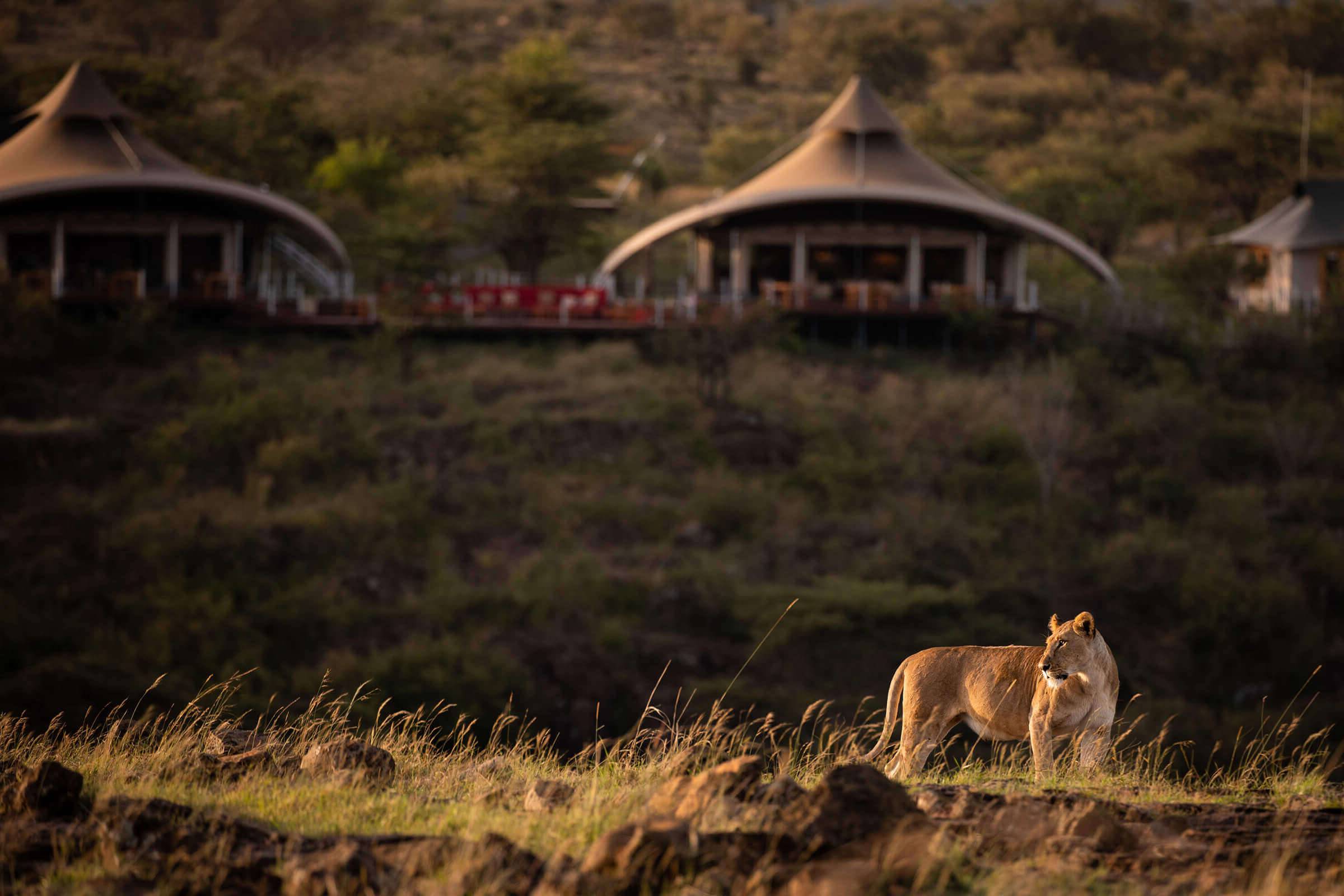- ATOL protected
- Free cancellation
- Customisable trips
- Prices incl.flights

Experience Tanzania at its finest—whether you seek thrilling wildlife safaris, lush green landscapes, or sunny beach escapes, the Best Time to Visit Tanzania depends on what kind of adventure you're dreaming of. This Naserian Adventures Guide covers everything you need to know to plan your journey.
Nyama Choma is Tanzania’s favourite barbecue dish, usually goat or beef, slow-grilled over open flames. It’s smoky, tender, and best enjoyed with your hands and a side of ugali or chips. Sharing a plate of nyama choma is a true local experience—flavourful, social, and deeply satisfying.
A Tanzanian staple, ugali is a dense maize flour dough served with meat, vegetables, or sauces. You eat it by hand, using it to scoop up other dishes. It’s hearty, comforting, and surprisingly filling—every safari-goer should try it at least once for a true taste of tradition.
Sukuma wiki, made from collard greens sautéed with onions and tomatoes, is nutritious and flavourful. The name means “stretch the week” in Swahili—this dish helps meals go further. Often paired with ugali or meat, it’s a simple but essential part of Tanzanian home-style cooking.

Mandazi are light, slightly sweet, and fluffy pastries—think of them as East African doughnuts. Perfect with morning coffee or chai, they’re a safari breakfast favourite. Freshly fried and mildly spiced with coconut or cardamom, mandazi feel like a warm, welcoming hug from Tanzanian hospitality.
Chipsi mayai is a beloved street food: French fries cooked into an omelette, often served with ketchup or spicy kachumbari (tomato-onion salad). It’s a comfort food locals love any time of day, and after a long game drive, it hits the spot like nothing else.
Tanzania’s coastal cuisine shines in dishes like pilau—a fragrant rice meal cooked with spices like cinnamon, cloves, and cardamom. It’s often paired with beef, chicken, or vegetables. Every bite tells a story of Zanzibar’s spice history, and it’s a must-try during any cultural safari experience.
Expect a mix of international dishes and local Tanzanian cuisine. Meals often feature grilled meats, fresh vegetables, fruits, rice, and stews. Lodges and camps aim to provide hearty, wholesome meals that energize you for game drives.
Yes—safari lodges and camps take food hygiene seriously. Meals are prepared in clean kitchens with filtered water and fresh ingredients. Always drink bottled or filtered water, which is provided by your safari operator.
Absolutely. Just inform your tour operator when booking. Whether you’re vegetarian, vegan, gluten-free, or have allergies, Safari Kitchens are well-equipped to provide suitable meals.
Most safaris offer bottled water, tea, and coffee with meals. Lodges and camps also serve alcoholic beverages, sodas, and fresh juices—though alcoholic drinks may come at an extra cost depending on your package.
We’ve slept under the stars, crossed jungles, followed vast herds of elephant on foot, quad-biked
across dunes and spotted lion from hot air balloons – come and explore with us.

We are a luxury African safari company offering personalized trips throughout Tanzania
We support community-led projects that protect endangered species and restore Tanzania’s diverse natural ecosystems.
Our safaris reduce waste, conserve resources, and protect wildlife habitats through responsible travel practices.
We engage local villages in conservation education, encouraging sustainable livelihoods and wildlife protection efforts.
Plan your dream Tanzania adventure with our knowledgeable team, ready to guide you through safaris and climbs with expert care.
